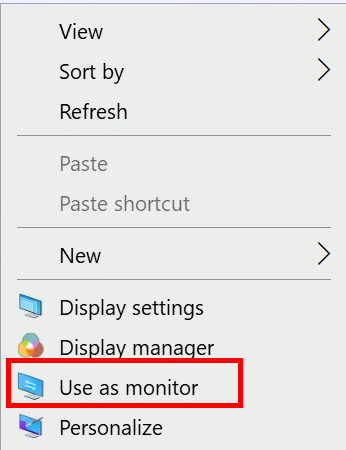
Effective Code Review: Strategies for Quality Collaboration
Effective code review is a cornerstone of quality software development. It not only ensures the reliability of the code but also fosters collaboration among team members. In this article, we’ll explore key strategies and tips for conducting impactful and efficient code reviews.
Establish Clear Guidelines and Standards
Clear guidelines and coding standards are the foundation of effective code review. Define a set of rules that cover coding style, documentation, and best practices. Consistent adherence to these standards ensures that code reviews focus on meaningful aspects rather than personal preferences.
Encourage a Positive and Constructive Atmosphere
Creating a positive and constructive atmosphere is essential for productive code reviews. Emphasize the collaborative nature of the process, encouraging team members to provide feedback in a constructive manner. Foster an environment where developers feel comfortable both giving and receiving feedback.
Define Review Goals and Objectives
Before initiating a code review, clearly define the goals and objectives. Identify the specific aspects the team should focus on, such as code functionality, performance, or adherence to coding standards. Clearly stated objectives guide reviewers and ensure a more targeted and efficient review process.
Encourage Iterative Reviews
Encourage an iterative approach to code reviews. Instead of conducting a single exhaustive review, consider breaking it down into multiple smaller reviews. This approach allows developers to address feedback incrementally, leading to a more flexible and adaptive development process.
Use Code Review Tools and Platforms
Leverage code review tools and platforms to streamline the review process. Platforms like GitHub, GitLab, and Bitbucket offer features specifically designed for code review, including inline commenting, version history, and integration with development workflows. These tools enhance collaboration and visibility.
Prioritize High-Impact Feedback
In code reviews, not all feedback carries equal weight. Prioritize high-impact feedback that addresses critical issues or potential improvements. Focus on aspects that significantly impact code quality, functionality, or maintainability. This targeted approach ensures a more efficient use of everyone’s time.
Encourage Knowledge Sharing and Learning
Code reviews provide an excellent opportunity for knowledge sharing and learning within the team. Encourage reviewers to share insights, alternative approaches, or relevant knowledge during the process. This collaborative learning environment enriches the team’s collective expertise.
Provide Timely and Specific Feedback
Timeliness and specificity are crucial in effective code reviews. Aim to provide feedback promptly to avoid bottlenecks in the development process. Additionally, ensure that feedback is specific, highlighting the exact portions of the code that require attention and providing clear explanations or suggestions.
Document and Learn from Code Review Insights
Document the insights gained during code reviews and use them as learning resources. Maintain a repository of common issues, best practices, and lessons learned from past reviews. This knowledge base not only serves as a reference for future reviews but also contributes to continuous improvement within the team.
Conduct Regular Review Meetings and Discussions
Supplement asynchronous code reviews with regular review meetings or discussions. These sessions provide a forum for in-depth conversations, clarification of doubts, and collaborative problem-solving. Interactive discussions enhance team communication and ensure a shared understanding of code changes.
For more insights on Tips for Effective Code Review, visit boydmillerwebdesign.com. Incorporating these strategies into your code review process will not only improve code quality but also strengthen collaboration and knowledge sharing within your development team.







